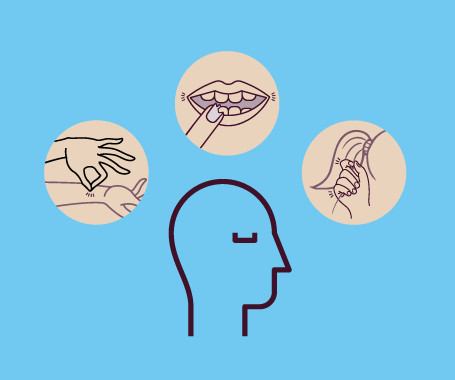Transforming the Views on OCD
MQ Mental Health
OCTOBER 25, 2022
At twenty-seven years old, I was diagnosed with OCD (Obsessive-compulsive Disorder). The thoughts then shifted to Harm OCD , which refers to a subset of OCD involving aggressive, intrusive thoughts about doing violence to someone - it is incredibly distressing. I decided, after a breakdown, to find a therapist.












Let's personalize your content